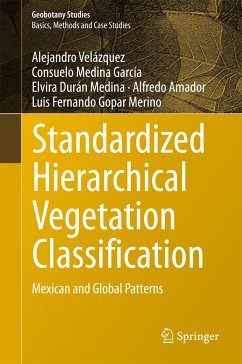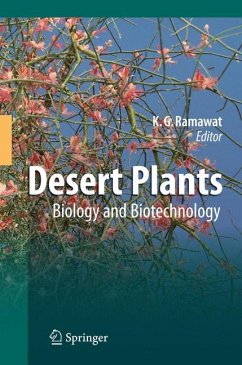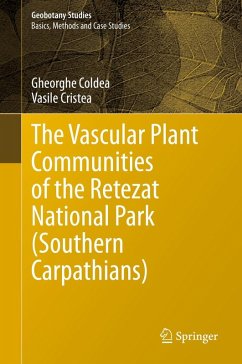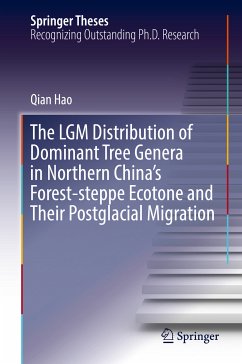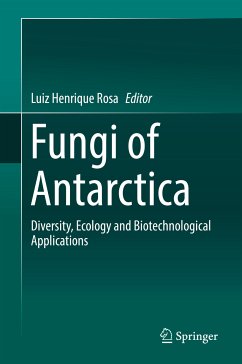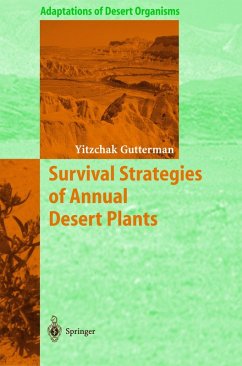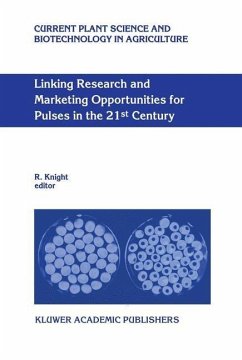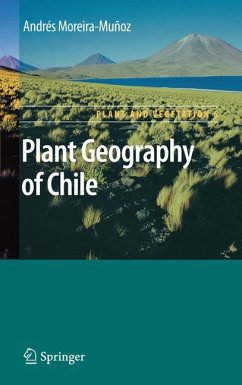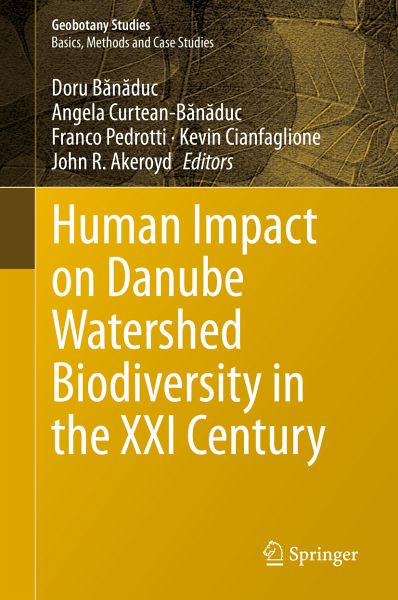
Human Impact on Danube Watershed Biodiversity in the XXI Century (eBook, PDF)
Versandkostenfrei!
Sofort per Download lieferbar
80,95 €
inkl. MwSt.
Weitere Ausgaben:

PAYBACK Punkte
40 °P sammeln!
The second-longest European river after the Volga, the Danube is one of the world's most important rivers in terms of its geographical and historical significance. In recent history, it has served as a major international waterway and numerous cities, including four capitals, have been founded on its banks. The 2826km-long Danube has a watershed measuring 801,093 km2 that is now shared between 19 countries, from its source in the Black Forest to the Black Sea, into which it pumps an average of 827 km3 of water a year.This book describes and explains key landscape values interactions (geographi...
The second-longest European river after the Volga, the Danube is one of the world's most important rivers in terms of its geographical and historical significance. In recent history, it has served as a major international waterway and numerous cities, including four capitals, have been founded on its banks. The 2826km-long Danube has a watershed measuring 801,093 km2 that is now shared between 19 countries, from its source in the Black Forest to the Black Sea, into which it pumps an average of 827 km3 of water a year.
This book describes and explains key landscape values interactions (geographical, cultural and natural heritage). It also identifies the threats and various types of human impact affecting this system in all the countries of the Danube River Basin, based on the investigations and perspectives of a team of experienced naturalists, and in the context of the early 21st century, in which the human-nature relationship is still far from balanced. These studies demonstrate how biodiversity, conservation and ecological studies can help us successfully promote mutual cooperation and combine our efforts to address problems as a responsible continent.
This book describes and explains key landscape values interactions (geographical, cultural and natural heritage). It also identifies the threats and various types of human impact affecting this system in all the countries of the Danube River Basin, based on the investigations and perspectives of a team of experienced naturalists, and in the context of the early 21st century, in which the human-nature relationship is still far from balanced. These studies demonstrate how biodiversity, conservation and ecological studies can help us successfully promote mutual cooperation and combine our efforts to address problems as a responsible continent.
Dieser Download kann aus rechtlichen Gründen nur mit Rechnungsadresse in A, B, BG, CY, CZ, D, DK, EW, E, FIN, F, GR, HR, H, IRL, I, LT, L, LR, M, NL, PL, P, R, S, SLO, SK ausgeliefert werden.



